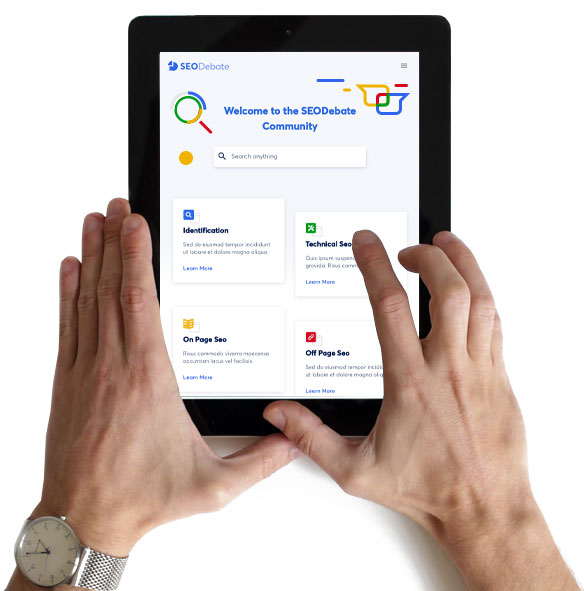Frequently asked Questions
What is On-Page SEO and how does it help?
Ensuring that the website and all landing pages are properly optimized for search engines.
On-page SEO means optimizing each individual webpage to help it get found more easily in search engines like Google and rank higher in the search results. This is an important step because it helps search engines better understand what your website pages are about and whether the content will be helpful and relevant for people's searches.
While using relevant keywords and phrases in the page text is part of on-page SEO, it involves many other things too. There are lots of ways to improve and optimize your web pages, including:
- Optimizing the title tag (the big bold heading that shows in search results)
- Writing content that fully covers topics in an easy-to-read, SEO-friendly way
- Showing your expertise, authority and trustworthiness on the topic
- Creating a short descriptive meta-description
- Using proper heading tags to organize the content structure
- Not targeting the same keywords across too many different pages
- Optimizing images with descriptive file names and alt text
- Having low bounce rates and long visitor times to show engagement
For a webpage to rank well, the content needs to be fully optimized to provide a great experience for users. This means matching exactly what the person was searching for, encouraging visitors to stay on the page longer, having fast load times, and an attractive title/description to get more clicks from search results.
The key is fully optimizing both the content and non-content elements on each webpage to create the best possible experience aligned with search intent. Doing this shows search engines that your pages deserve to rank higher.

